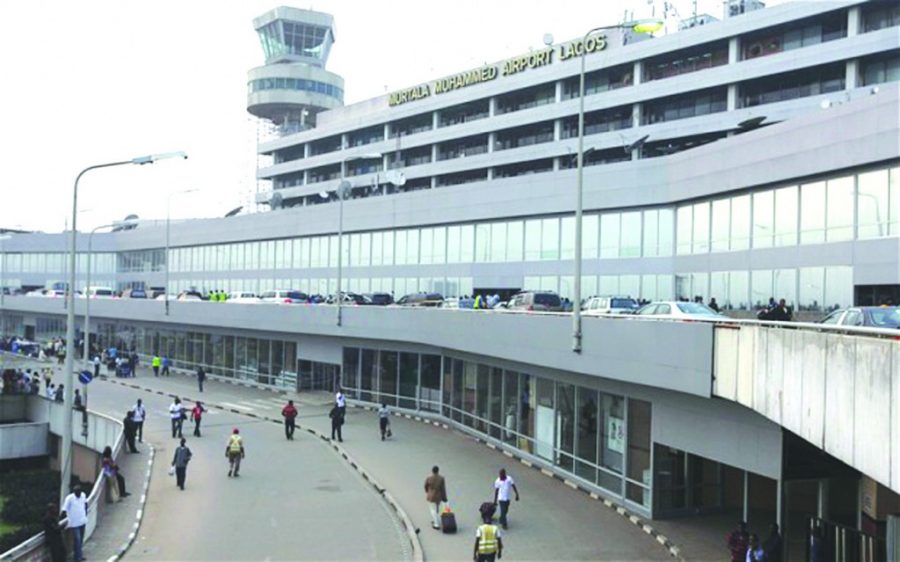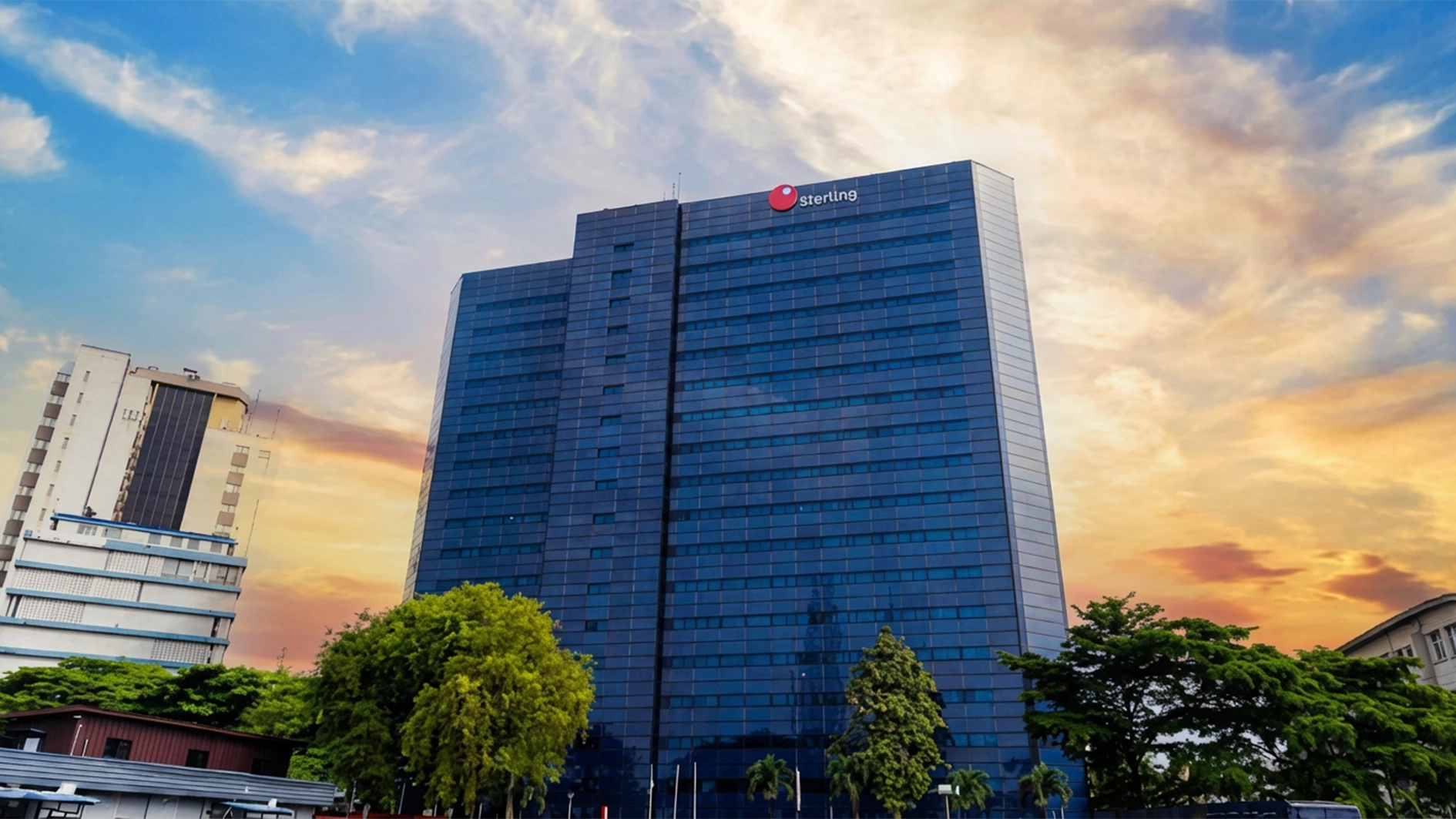Despite achieving strong operational performance, six of Nigeria’s leading fast-moving consumer goods (FMCG) companies collectively incurred N562 billion as cost of sales in the second quarter (Q2).
The figure translates to a 23.8 per cent increase compared to the N454 billion spent in the corresponding period of 2024, indicating rising cost pressure in the sector.
The affected companies are Nestlé Nigeria, Cadbury Nigeria, Nigerian Breweries, Champion Breweries, Lafarge Africa and UAC of Nigeria Plc (UACN).
The significant increase in the cost of sales is largely attributable to inflationary trends, exchange rate volatility, and rising input costs.
The combined effect of these factors continues to erode margins, even as many firms manage to sustain profitability through operational expansion and efficiency gains.
At the top of the list is Nestlé Nigeria Plc, according to data from the Nigerian Exchange Group (NGX) Plc. The firm posted a cost of sales of N181 billion in Q2, 2025, up by 24.61 per cent from N145.2 billion in Q2, 2024. The increase reflects higher raw material costs and sustained volume growth across product categories.
Also, Cadbury Nigeria reported a sharp spike in cost of sales, rising from N23.1 billion to N30.3 billion, translating to a 30.96 per cent surge.
Nigerian Breweries Plc, one of the largest players in the sector, saw its cost of sales climb to N210.08 billion, 20.7 per cent up from N173.9 billion in the same period last year.
Champion Breweries Plc recorded a more modest increase, with the cost of sales reaching N3.5 billion, compared to N2.9 billion in 2024. The increase translates to a 20.7 per cent year-on-year rise.
Lafarge Africa Plc also felt the impact of rising input costs, as its cost of sales surged to N95.8 billion, representing a 26.4 per cent jump from N75.8 billion recorded during the same period in 2024.
Likewise, UAC of Nigeria Plc (UACN) incurred N40.4 billion in cost of sales, an increase of 22 per cent from N33.1 billion the previous year.
While these companies have largely returned to profitability after grappling with foreign exchange losses in previous quarters, their earnings improvements remain modest for the most part.
The prevailing macroeconomic headwinds, particularly persistent inflation and a weak naira, continue to exert downward pressure on margins.
Although there is some level of stability in the foreign exchange rate (FX), the impact of 2023 and 2024 currency depreciation continues to impact input prices and supply chains.
Many of the firms continue to feel the ripple effects of high import costs and elevated raw material expenses, which are yet to fully ease despite improved FX liquidity and clearer monetary policy direction.
An independent investor, Amaechi Egbo, said the continued burden of elevated production and operational costs, particularly for companies with significant exposure to imported inputs, remains a severe challenge.
Amaechi Egbo, an independent investment analyst, has highlighted the mounting financial strain confronting Nigerian firms as many continue to grapple with a cocktail of rising operating costs, higher interest rates and an unstable macroeconomic environment.






